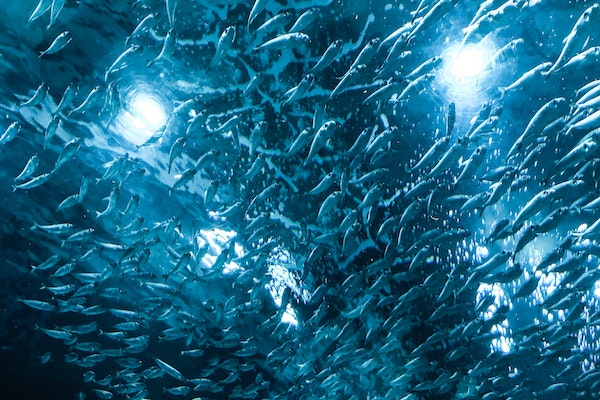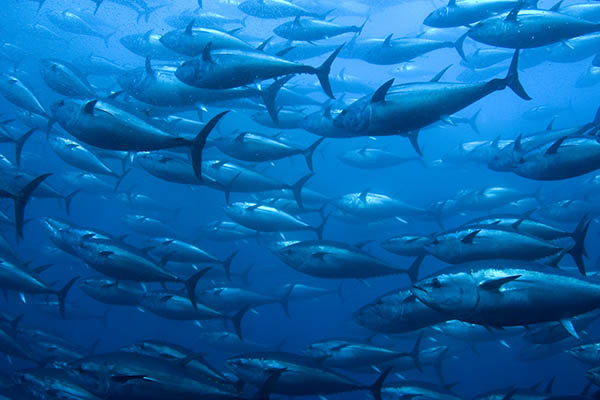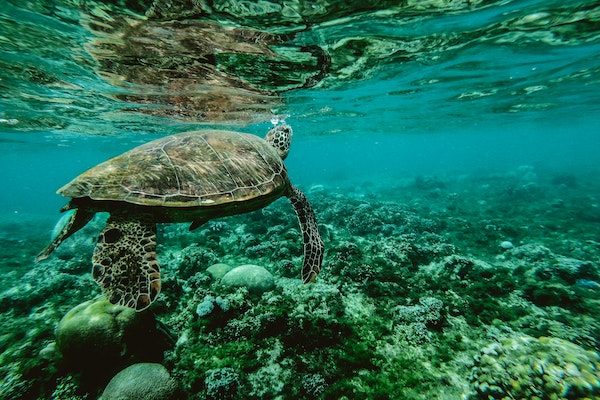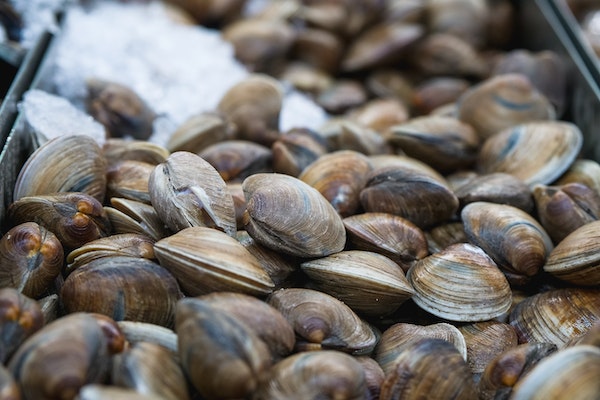Warming will decrease viable ocean habitats and affect fishing grounds

Exceeding emissions targets, known as a climate overshoot, will reduce the suitable habitat for many marine species long after carbon dioxide levels have peaked and declined, concludes new research from the Commonwealth Scientific and Industrial Research Organisation (CSIRO).
The study, which was published in Communications Earth & Environment, investigates the implications of a climate overshoot for the oceans, which creates warmer oceans with lower oxygen levels. Across all climate overshoot experiments and all models, the analysis found that associated changes in water temperatures and oxygen levels will decrease viable ocean habitats. These changes include sea-level rise, less functional ecosystems, higher risks of species extinction and glacier and permafrost loss, some of which are already happening.
“Our analysis is based on simulations with Earth system models as part of the Coupled Model Intercomparison Project (CMIP6),” wrote the scientists in an article published in The Conversation. “The project underpins the latest assessment reports by the Intergovernmental Panel on Climate Change (IPCC). We looked at multi-model results from two different CMIP6-developed experiments that simulate a climate overshoot. One corresponds to a climate scenario simulating an overshoot this century.”
The other experiment is from the Carbon Dioxide Model Intercomparison Project (CDRMIP). It was designed to explore the reversibility of a climate overshoot and how this impacts the Earth system.
“To quantify these impacts, we used a metabolic index, which describes the (aerobic) energy balance of individual organisms,” wrote the scientists. “In viable ecosystems, the supply of oxygen needs to exceed their demand. The closer supply is to demand, the more precarious ecosystems become until demand exceeds supply and these ecosystems are no longer viable.”
Some fish species are shrinking. Is global warming to blame?
Across all climate overshoot experiments and all models, the findings show the water volumes that can provide viable habitats will decrease. This decrease persisted on the scale of centuries – well after global average temperature recovers from the overshoot.
“Our study findings raise concerns about shrinking habitats,” wrote the scientists. “For example, species like tuna live in well-oxygenated surface waters and are restricted by low oxygen in deeper waters. Their habitat will be compressed towards the surface for hundreds of years, according to our study.”
The researchers said that fisheries that rely on such species will need to understand how changes in their distribution will affect fishing grounds and productivity.
“What is clear is that ecosystems would need to adapt to these changes or risk collapsing with significant environmental, societal and economic implications,” wrote the scientists.
To date, most research has focused on ocean warming. The combination of temperature and deoxygenation studied shows warming may harm marine ecosystems for hundreds of years after global mean temperatures have peaked. This highlights the importance of thinking more about resource management to avoid compromising species abundance and food security, the scientists said.
“If we significantly overshoot the temperature targets of the Paris Agreement, many climate change impacts will be irreversible,” wrote the scientists. “Therefore, every effort should be made to drastically reduce emissions now. We can then avoid a significant climate overshoot, reach net-zero emissions by mid-century and keep warming ‘well below’ 2℃.”
Read the full article in The Conversation.
Now that you've reached the end of the article ...
… please consider supporting GSA’s mission to advance responsible seafood practices through education, advocacy and third-party assurances. The Advocate aims to document the evolution of responsible seafood practices and share the expansive knowledge of our vast network of contributors.
By becoming a Global Seafood Alliance member, you’re ensuring that all of the pre-competitive work we do through member benefits, resources and events can continue. Individual membership costs just $50 a year.
Not a GSA member? Join us.
Author
Tagged With
Related Posts

Fisheries
Some fish species are shrinking. Is global warming to blame?
Some fish species are shrinking but future research must determine if overfishing, global warming and food availability are responsible.

Responsibility
Study: More than 90% of global aquaculture faces substantial risk from effects of climate change
Aquatic food producers are vulnerable to the effects of climate change, with USA, China and Thailand at the most risk, a UCSB study finds.

Responsibility
Hottest ocean temperature record set in 2022 for seventh consecutive year
Research says a record-high ocean temperature combined with greater salinity could create inhospitable ocean conditions for marine life.

Responsibility
Study: Ocean acidification research is robust despite ebbs and flows
A study of almost 25 years of ocean acidification research concludes that experts in the field can have confidence in their research.



